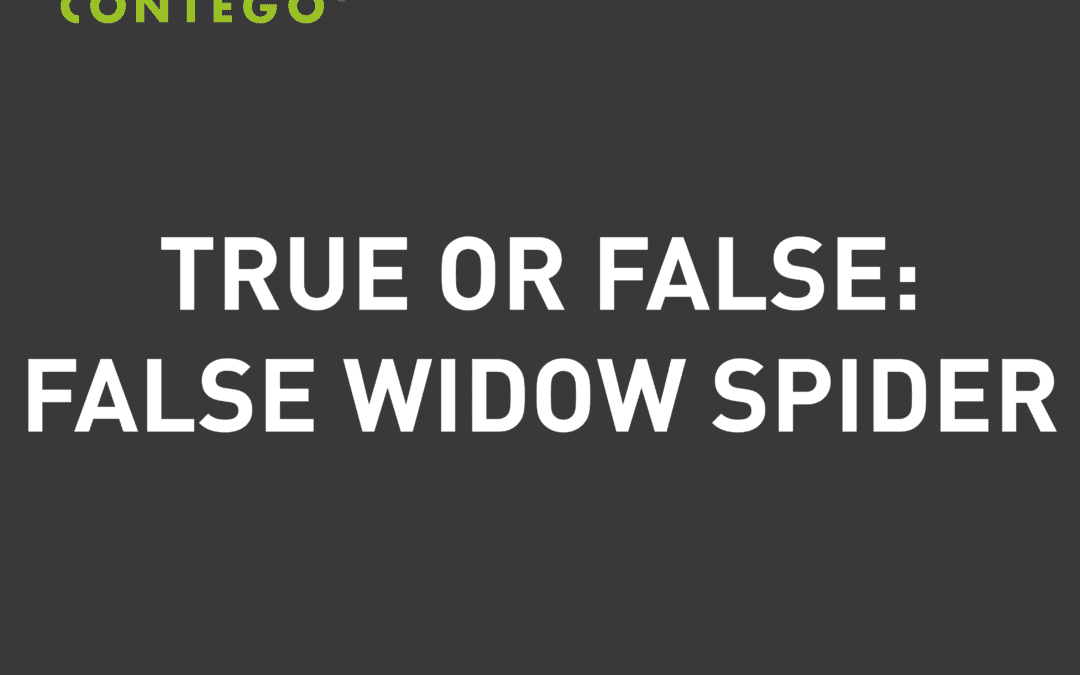We had the “Killer Seagulls” earlier in the Summer, now the National Press has lots of stories about the False Widow Spider invading Britain.
All a little late – it’s believed that this spider arrived in Britain in 1879 on a crate of bananas carried from the Canary Islands. It is only in the last 30 years that the spider appears to have spread beyond Devon with sightings all along the south coast of England.
Recent mild winters in the UK have resulted in a population increase, and sightings of them as far north as Scotland.
The False Widow, Steatoda nobilis, takes its name from its resemblance to the much more dangerous Black Widow spider, which has been known to be fatal to humans (but isn’t found in the UK).
Spiders, like rodents, will start to come indoors as winter approaches and temperatures drop, and it is feared that their increased numbers will result in more contact with humans.
False widows can grow up to 3cm across, including the legs, and have a shiny, black, bulbous body with markings which look like a skull on their abdomens.
The bite is not normally felt at the time, and has been compared to being stung by a wasp, with a burning pain followed by swelling and numbness around the area bitten.
Like wasp and bee stings, it can become a much more serious incident if the person has an allergic reaction to the bite.
If you think you have been bitten, and you feel intense pain around the bite, accompanied by headache, nausea or just feeling “out of sorts”, you should seek medical attention.
However, “Don’t have nightmares”. Whilst there are around a dozen species of spider in the UK which can bite, they will not attack you, and only bite as a last resort.
If you are worried about an unusual build-up of spiders, you can ‘Contact Us‘ or phone 0800 028 7111.


Recent Comments